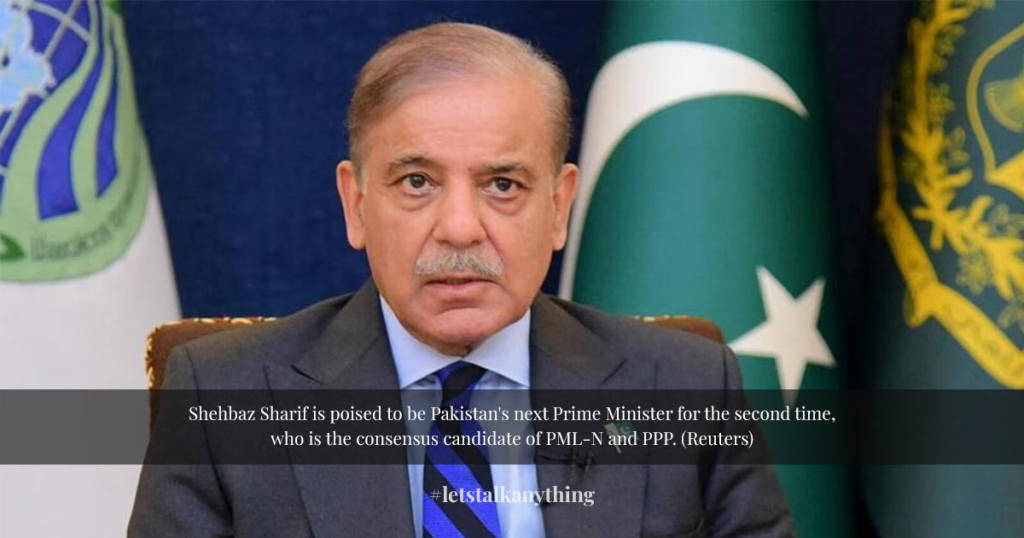Shehbaz Sharif, a seasoned politician and administrator, has once again ascended to the role of Prime Minister of Pakistan. At 72 years old, he leads the Pakistan Muslim League-Nawaz (PML-N) and is the younger sibling of former Prime Minister Nawaz Sharif. His elevation to the prime ministership is attributed to his strong connections with the influential establishment in the country.
This surprising development follows Nawaz Sharif’s thwarted ambition of securing a fourth term as prime minister in the February…
Despite hopes of an independent government, the PML-N only clinched 75 seats in the 336-member National Assembly. Independent candidates supported by Imran Khan’s Pakistan Tehreek-e-Insaf (PTI) emerged as formidable contenders.
Confronted with a hung Parliament, the PML-N was compelled to forge a coalition government to prevent the PTI from regaining power.
Initially tasked by Nawaz Sharif to negotiate with allied parties for coalition formation, Shehbaz Sharif faced opposition to his brother’s candidacy. Consequently, Nawaz Sharif proposed his younger brother as the consensual prime ministerial candidate for both the PML-N and the Pakistan Peoples Party (PPP) led by Bilawal Bhutto-Zardari. It is widely believed that Shehbaz garnered military backing, influencing Nawaz’s decision.
Who is Shehbaz Sharif?
Shehbaz Sharif is renowned for his remarkable ability to swiftly execute large-scale projects, earning him the moniker “Shehbaz Sharif Speed.” During his tenure as Chief Minister of Punjab, he spearheaded the implementation of an extensive network of underpasses, overhead bridges, and mass transit systems, achieving record completion times.
Born in Lahore in 1951, Shehbaz embarked on his political journey in the late 1980s. He served as Chief Minister of Punjab from 1997 to 1999 and later resumed office from 2008 to 2018.
Throughout his leadership, Shehbaz encountered numerous hurdles, including facing corruption allegations alongside his brother. Nonetheless, he maintained composure and dedicated efforts towards securing his brother’s release from incarceration for medical treatment.
Following the removal of Imran Khan’s government via a no-confidence vote in April 2022, Shehbaz emerged as the consensual choice to helm a coalition government comprising over a dozen political parties.
Although his tenure as Prime Minister from April 2022 to August 2023 was brief, Shehbaz achieved milestones such as securing a bailout from the International Monetary Fund (IMF) and resolving lingering corruption cases.
Shehbaz’s adeptness at fostering consensus among divergent factions has garnered admiration from both allies and adversaries. His pragmatic approach, allegiance to family, and connections with the establishment position him favorably for leadership roles.
As the new government takes form, Shehbaz’s administrative prowess and consensus-building skills will be tested.
Given Pakistan’s current challenges, including economic reform, administrative enhancement, and fostering regional stability, decisive actions and concerted efforts will be imperative.




